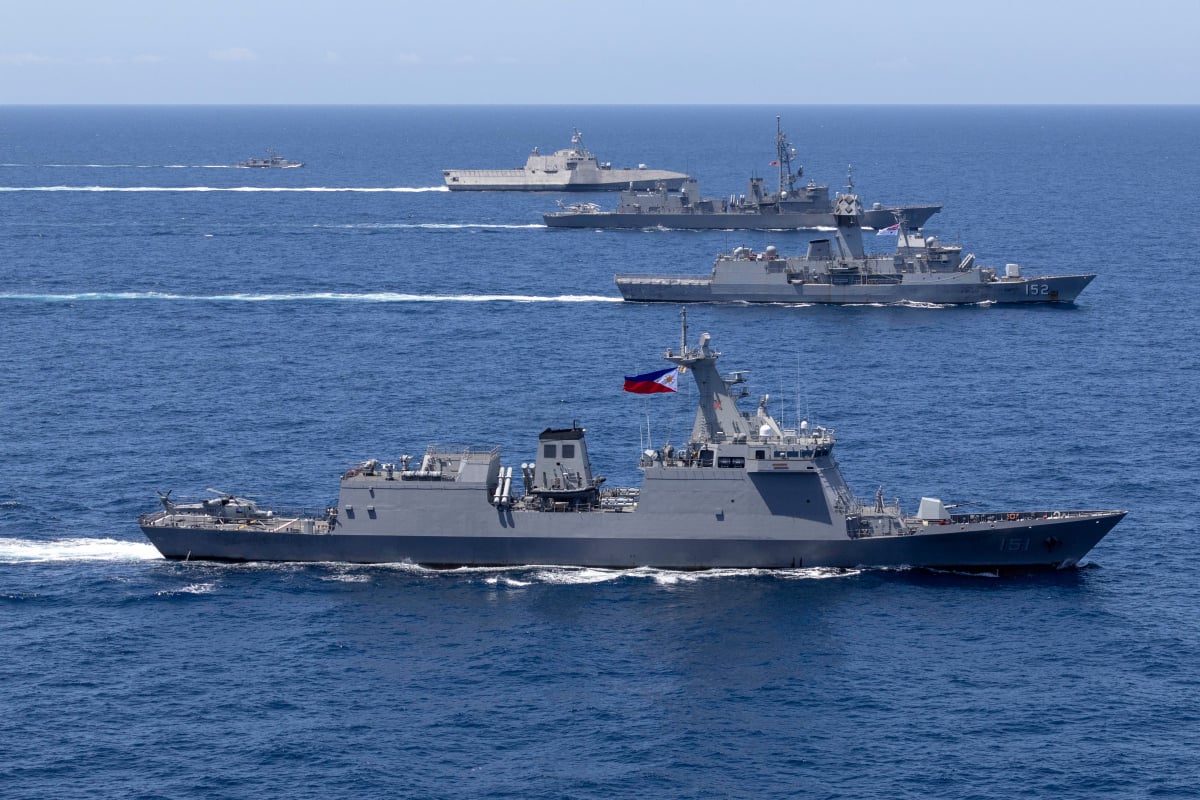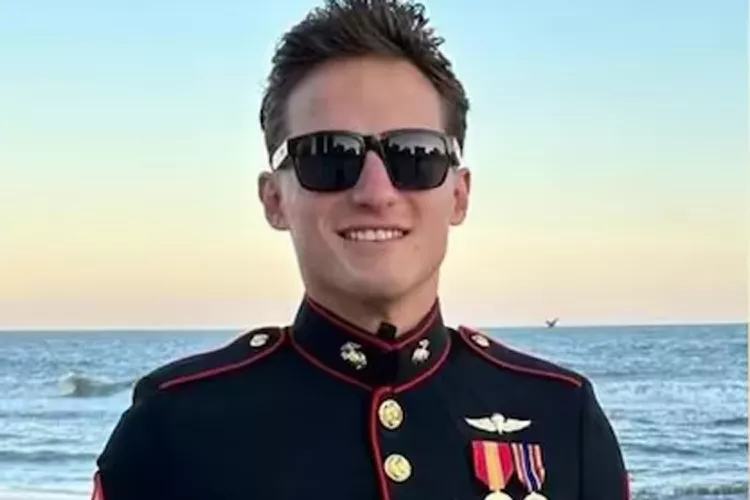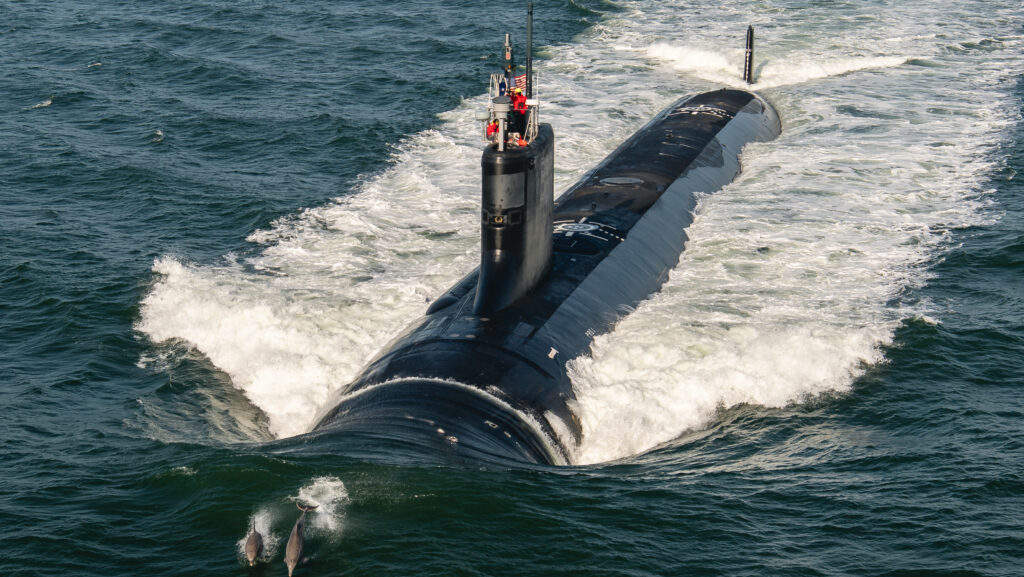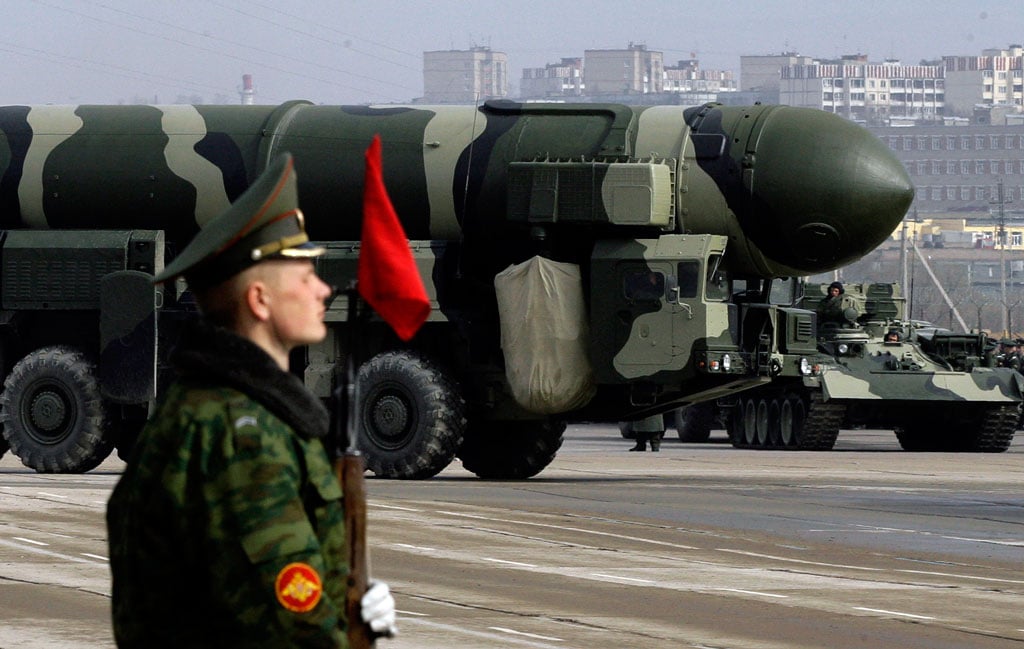 Russia’s blurring of the line between using tactical and strategic nuclear weapons in a crisis coupled with its saber-rattling statements is compelling the United States and its NATO allies to rethink their positions on deterrence, modernization and conventional forces, four national security experts told a key Senate panel.
Russia’s blurring of the line between using tactical and strategic nuclear weapons in a crisis coupled with its saber-rattling statements is compelling the United States and its NATO allies to rethink their positions on deterrence, modernization and conventional forces, four national security experts told a key Senate panel.
Testifying Wednesday before the Senate Armed Services Strategic Forces Subcommittee, Keith Payne of the National Institute for Public Policy said this rethinking is driven by President Vladimir Putin’s assertion that, “he could have Russian troops in five NATO capitals in two days.”
What has changed is Russia’s adoption of a strategy in spring 2014 of escalate using low-yield nuclear weapons to conclude a standoff in its favor. Putin said he had considered doing employing the tactic in earlier conflicts.
Brad Roberts of the Lawrence Livermore National Laboratory said Russian leaders “recognize that [strategy] might not be effective” so they also consider raising the ante conventionally by threatening cruise missile strikes or long-range air strikes at the outset of a crisis.
As part of its conventional force build-up, the Russians announced plans to base three divisions on its western border. Moscow has shown in seizing Crimea and actively supporting separatists in eastern Ukraine that it is prepared to restore Russian domination in what was the Soviet Union — by conventional and special forces, if necessary.
The new threat is aimed principally at America’s European allies, he said. “The key wild card is where [the Russians] go” with violating the terms of the 1987 Intermediate Range Nuclear Forces treaty.
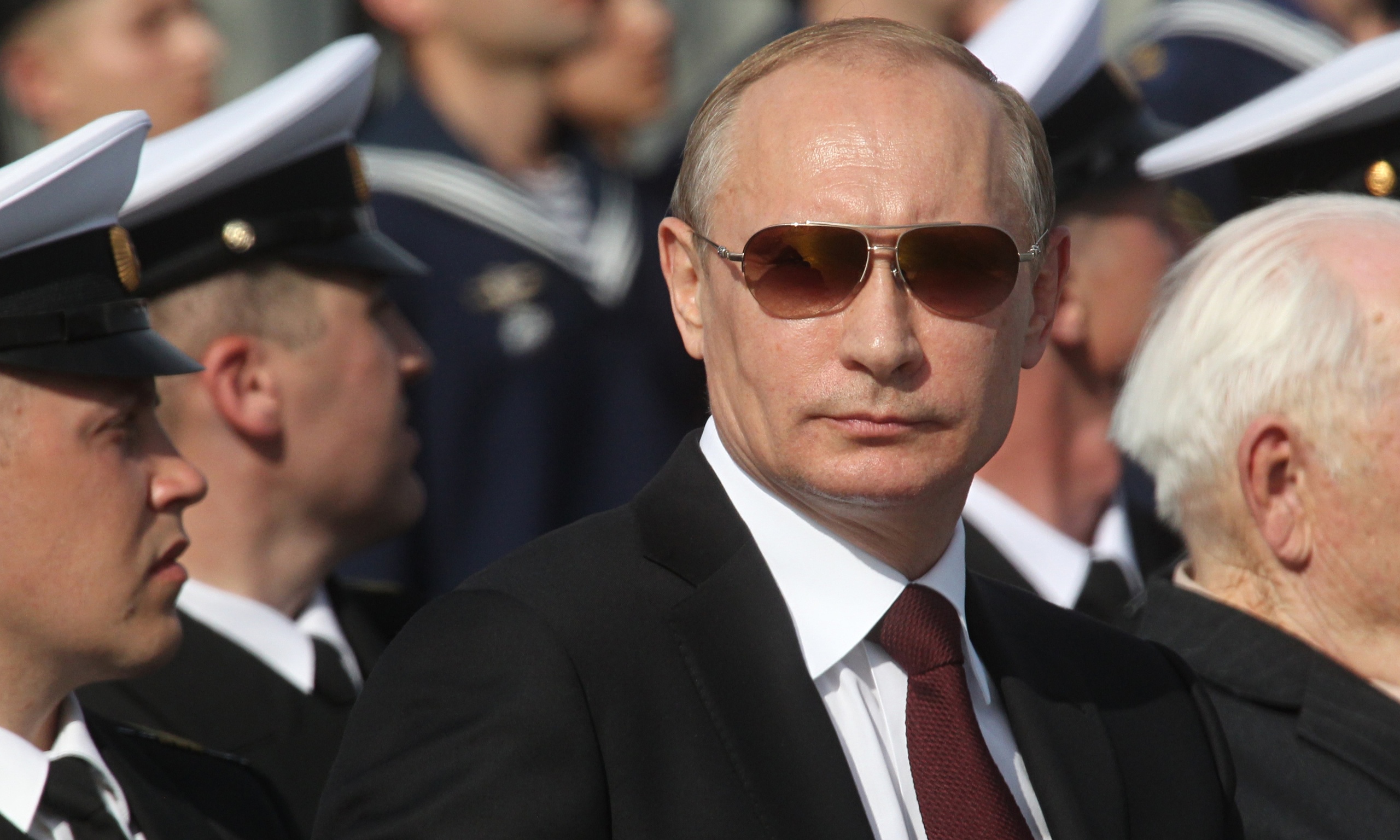
Payne said Russian military leaders use the term “nuclear scalpel” to describe the change in strategy.
They believe that even first use of these weapons in a conflict would not draw a response from the West. The Russians “could convince themselves, however wrongly, we would not respond,” Franklin Miller of the Scowcroft Group added. The United States needs to make clear Moscow would face “unpredicted outcomes” if Putin used nuclear weapons.
To stop a conventional force Russian military move against a NATO country, such as Estonia, Lithuania or Latvia, “reinforcements would have to come from across the Atlantic,” Roberts said.
John Harvey, a former nuclear forces and missiles expert in the Pentagon, said to counter the Russians the United States must restore some of its military capability to NATO. He said he was not calling for putting “massive armored forces” back in Europe but sharing advanced security technology with alliance members.
“NATO needs to prevent a Russian ‘fait accompli'” in a crisis, Payne added.
Looking to the arrival of a new administration in 2017, Harvey said a fragile bipartisan consensus has emerged over nuclear strategy — including the need to modernize the nuclear weapons triad — that deters aggression against the United States and assures its allies. If that approach fails, the United States would retaliate against targets that potential adversaries believe are important to them.
What could split the consensus is the cost of replacing the Air Force’s long-range bomber, updating its Minuteman III intercontinental ballistic missiles, replacing the Ohio–class ballistic missile submarine and nuclear weapons themselves.
The panel generally agreed that non-proliferation should no longer be used as a policy rationale in the future.
At the same time, “the conditions do not exist” for substantial reductions in nuclear weapons, Roberts said. He listed Russia’s unwillingness to join the United States in mutual cuts, China’s lack of transparency on its nuclear program and North Korea’s “steady progress” in manufacturing and fielding these weapons as examples of a changed environment.
Roberts said that since the end of the Cold War the United States “almost stopped thinking of the problem” of extended deterrence.


